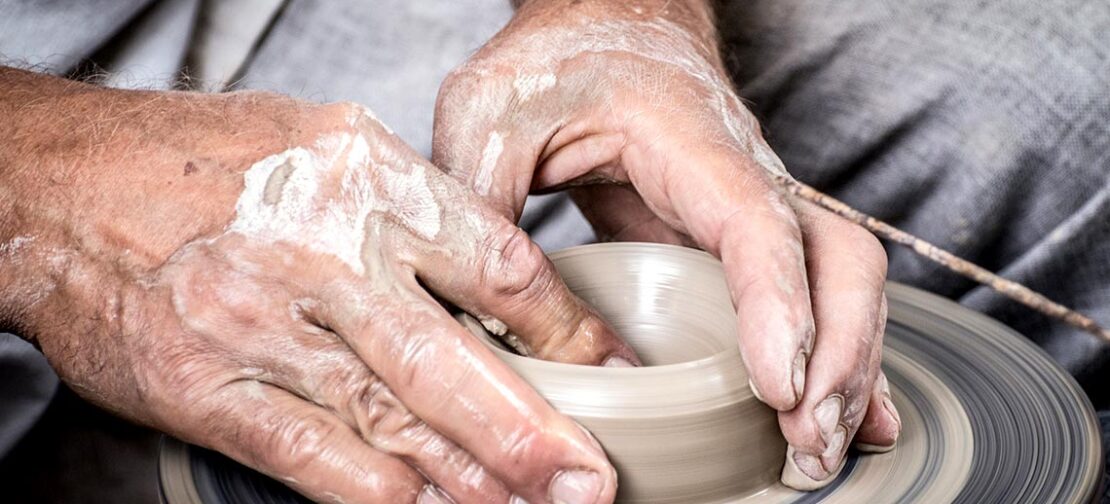
- Rahamna
Lack of decision-making authority and financial control
In Rahamna, as in many parts of the world, gender inequality persists in various forms, including a lack of decision-making authority and financial control for women. This issue is particularly acute in rural areas, where patriarchal traditions and cultural norms often reinforce gender inequality.
Women in Rahamna may face barriers to exercising decision-making authority in many aspects of their lives, including within the household, in their communities, and in the workplace. For example, women may have limited say in important family decisions such as marriage, education, and healthcare. Similarly, women may be excluded from community decision-making processes, such as those related to public services and infrastructure.
Financial control is another area where women in Rahamna may experience gender inequality. In many households, men control the family finances, leaving women with little or no financial autonomy. This can limit women’s ability to make independent decisions and can also make them vulnerable to financial abuse and exploitation.
To address these issues, there have been efforts in Rahamna to promote women’s empowerment and gender equality. These efforts include initiatives to increase women’s participation in decision-making processes at all levels, as well as efforts to provide women with greater access to financial resources and support. There is also a growing recognition of the importance of education and awareness-raising around gender equality issues, both among women and men.
Overall, while progress has been made in recent years, gender inequality remains a significant issue in Rahamna and throughout Morocco. Research has the potential to contribute to solving this problem. That is why we want to adopt a collaborative approach with government institutions, women’s associations, and other stakeholders to analyze and identify strategies for promoting gender equality and women’s empowerment in all spheres of life and in agriculture in particular.